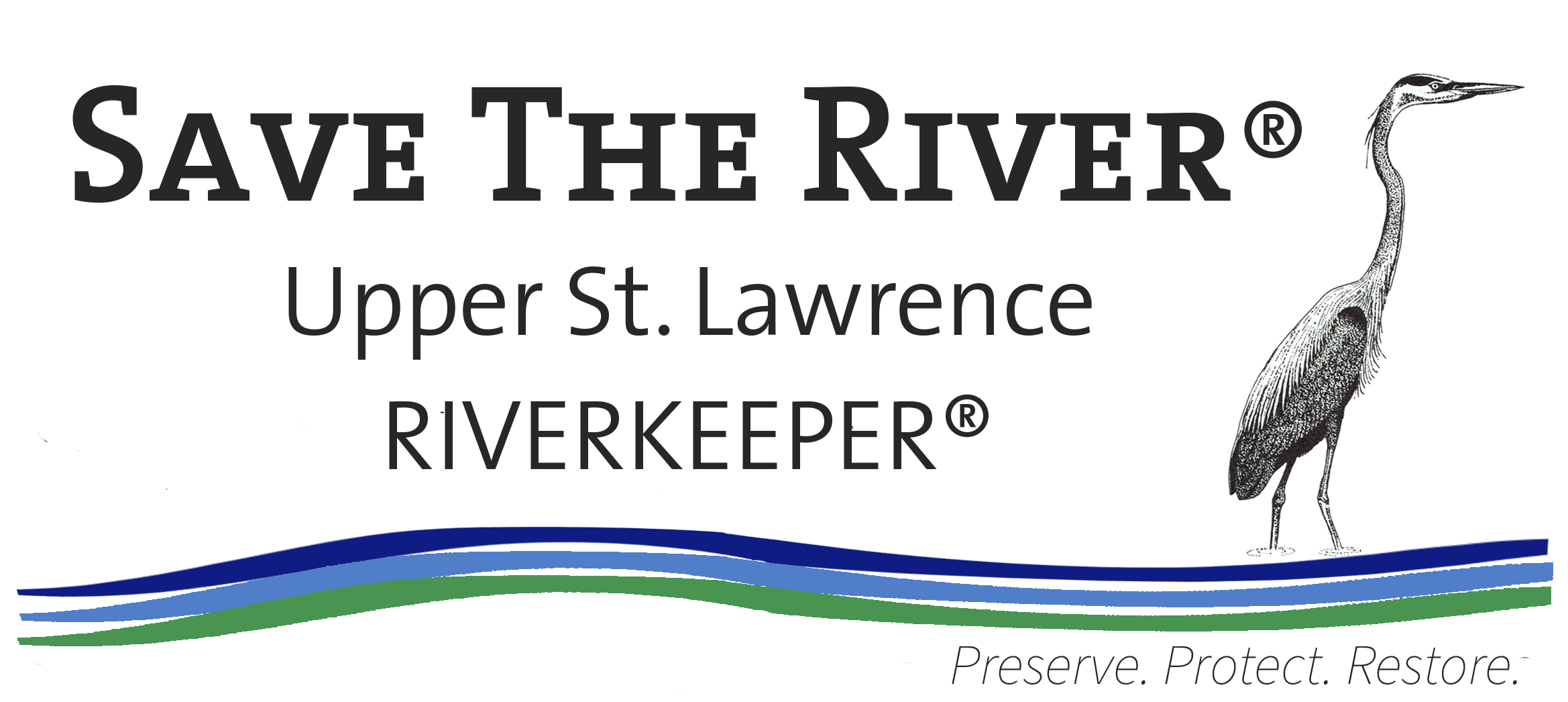Household sewage is managed either by collection and treatment in a municipal wastewater treatment system, or by treatment in individual sewage treatment systems where municipal sewer systems are not accessible. Improperly treated sewage can cause health risks and create environmental problems. Health risks may arise when patho- gens or pharmaceutical chemicals in human sewage enter the water supply. Environmental problems result when excess nutrients and high Biochemical Oxygen Demand (BOD) associated with waste is added to the river ecosystem.
Health Risks: The waste of healthy humans may contain disease-causing bacteria or viruses, which can cause illnesses such as tuberculosis, dysentery, cholera and typhoid fever, or eye infections, diarrhea, and infectious hepatitis. Human sewage may also contain traces of prescription and non-prescription pharmaceuticals such as steroids and antibiotics, whose effects on human and aquatic health are still unknown.
Biochemical Oxygen Demand: Biochemical Oxygen Demand (BOD) of sewage is associated with the amount of oxygen that microorganisms consume when breaking down the organic matter in the sewage. If large amounts of sewage are added to a body of water that does not rapidly flush itself—such as a bay—oxygen levels in the water will be significantly reduced as the microbes use the oxygen to break down the organic material.
If high BOD persists, game fish that are sensitive to lower levels of oxygen will leave the area, while fish tolerant of the low dissolved oxygen levels, such as carp and bullhead, move in. If the water goes anaerobic (dissolved oxygen is effectively zero), the methane and hydrogen sulfide gases produced by decomposition will cause a noxious smell.
Nutrient levels: Sewage that has not been properly treated can increase nutrient levels when entering the river system, especially in densely populated areas. Human waste and some household cleaners or detergents contain nitrogen and/or phosphorus, nutrients whose usually low levels control aquatic weed and algae growth in the river. The addition of these nutrients through sewage discharge can provide the conditions needed for increased growth of aquatic plants, algae and phytoplankton, especially in river areas that are not well flushed. The weeds create a swimming and boating nuisance, and their de- composition and nighttime respiration can consume large amounts of oxygen, causing conditions similar to those described under “Bio-chemical Oxygen Demand.”

